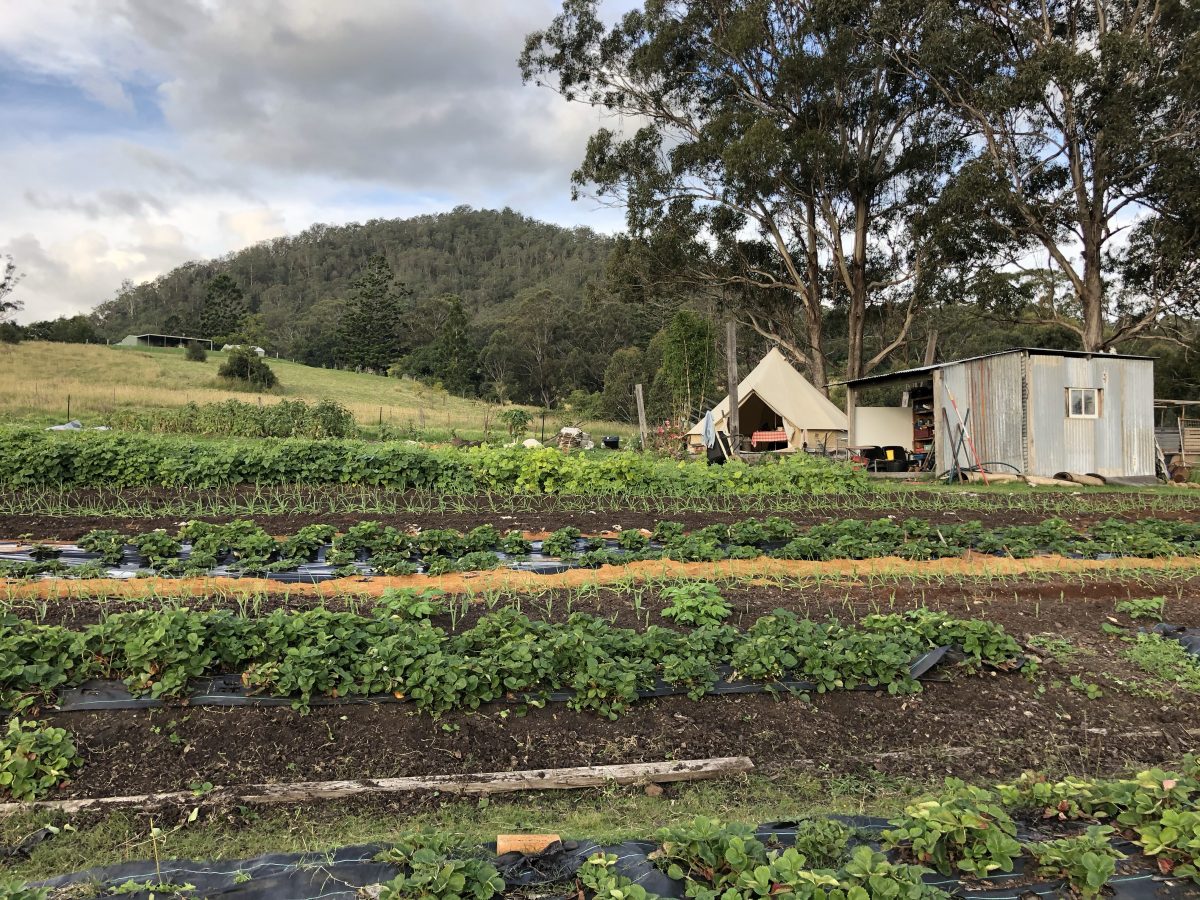Three Tips For A Perfect Organic Garden
If you’re concerned about the safety of the foods you eat, then you may have considered starting your garden. Enjoying fresh produce from your backyard will make an enormous difference in your health, and the money you’ll be saving from growing it and not buying it will be a nice added benefit.
The rewards are tremendous, and while it is a commitment, it doesn’t have to be complicated or painful.
Here are three essential tips that will ensure your success and get you on your way to having a perfect No-Dig organic garden.
1. Prepare the soil before you start planting.
Knowing the type of soil is vital because plants grow better in garden soil, which contains nutrients.
Make sure to work lots of compost and other organic material into your garden before you start planting. Without this extra step, you may end up with plants that don’t thrive or produce.
2. Choose the plants which will thrive in your region.
Research the types of vegetables that are most likely to do well in your growing zone. Remember to take into consideration the amount of sunlight and rainfall your garden receives. Most plants require at least 6 hours of sun, but a few plants, such as lettuce, do best in a cooler location, even in partial shade.
Your local agricultural extension office, garden clubs, and nurseries are an excellent source of information into which specific varieties would do best in your area.
They can also offer insight into the pests and diseases which are prevalent locally. They may even be able to recommend cultivars developed to be resistant to these diseases and pests.
3. Make your own organic mulch and fertilizer.
Composting allows you to use your yard clippings and food scraps to make your organic material, mulch and fertilizer.
You can purchase a composting bin or make your own using chicken wire. Include a mixture high in carbon (straw, shredded newspapers, and sawdust) and high nitrogen (kitchen scraps, eggshells, coffee grounds, manure, and grass clippings).
If you include oil, bones, or meat, make sure that it is in some way protected from vermin getting to it.
Proper preparation and planning are integral to the success of your organic gardening project. So take the extra time because the rewards of a perfect organic garden are well worth it.
Soon you’ll be able to enjoy fresh, organic food by walking right outside your door, and you’ll be on your way to achieving better health.
